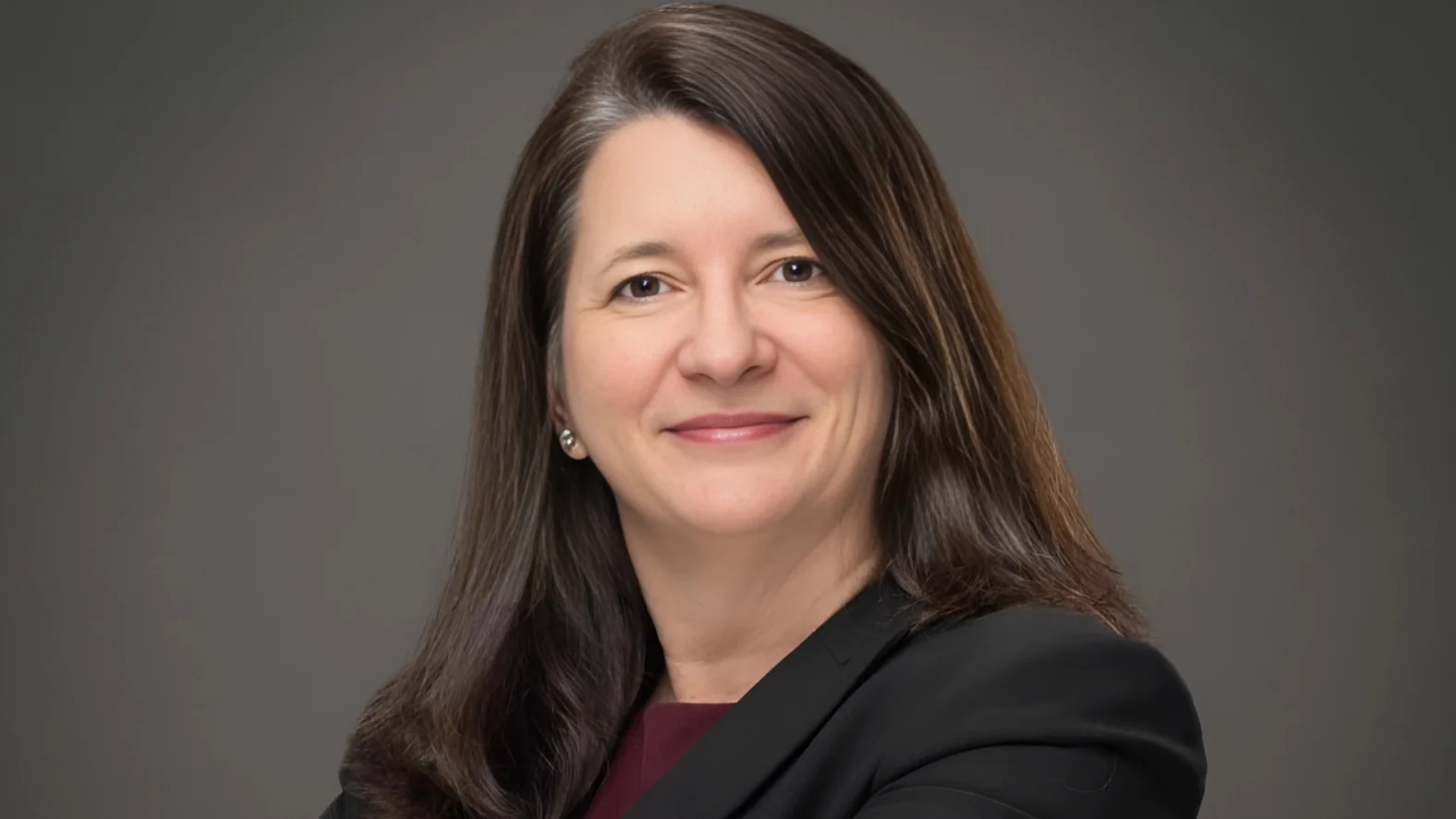
Dr. Maria Murray President & CEO | The Reading League
The Reading League (TRL) has announced the selection of 39 educators for the second cohort of its Educators of Color Conference Community (ECCC). The ECCC is a nine-month fellowship program for educators of color who work to improve literacy outcomes for culturally and linguistically diverse students. Participants include teachers, administrators, reading experts, nonprofit leaders, and others from 13 states across the United States.
The program is designed to increase representation among educators of color at the annual TRL Conference. By doing so, TRL aims to ensure diverse voices are part of the national conversation on literacy. The initiative supports TRL’s mission to promote evidence-based reading instruction.
During the fellowship, members will collaborate with TRL leadership through roundtable discussions and professional learning activities. The experience will conclude with their attendance at the 9th Annual Conference of The Reading League, scheduled for October 8-10 in Chicago. This event is expected to bring together approximately 2,500 participants from around the world to discuss topics related to the science of reading.
Maria Murray, Ph.D., president and chief executive officer of The Reading League, said: “We recognized that communities of color have not been included in conversations related to the science of reading, and we wanted to do our part to change that. Bringing a variety of perspectives and backgrounds to the science of reading movement is the only way to improve reading outcomes for all students.”
TRL consultant Altheria Caldera, Ph.D., stated: “This is perhaps the most critical work we can do right now. The brilliant perspectives of this cohort will add unique insight to the science of reading conversation. We are looking forward to a year of growth, discovery, and introspection to foster a literacy movement that benefits all students.”
The selected cohort members represent a range of roles in education and come from diverse geographic regions. Their participation is expected to enhance dialogue and practice in literacy education.
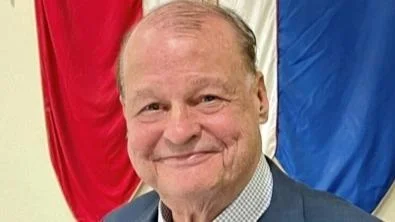
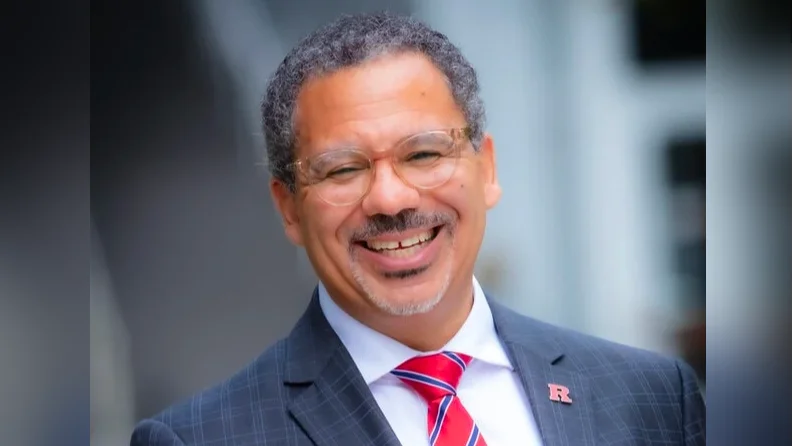
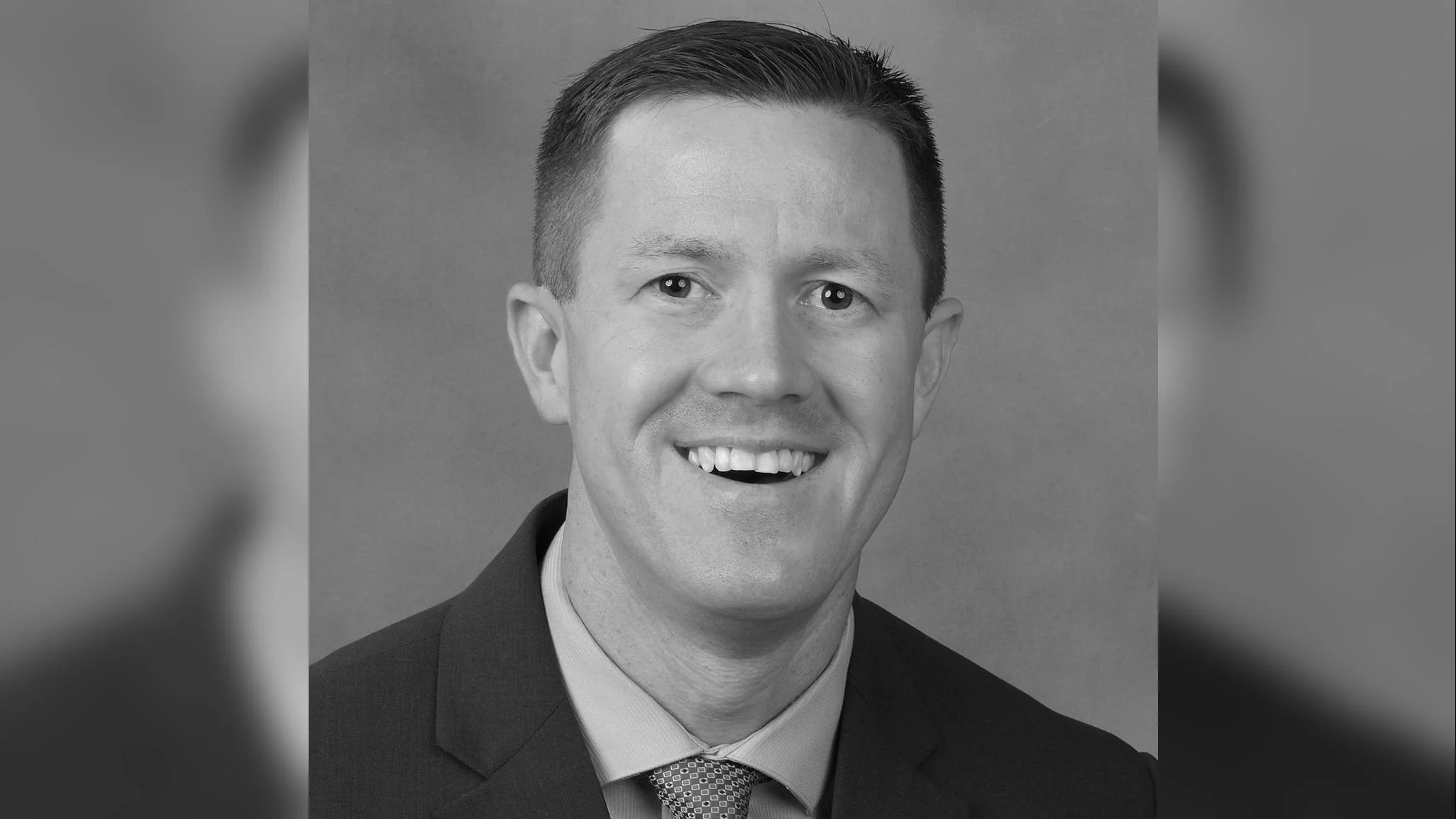

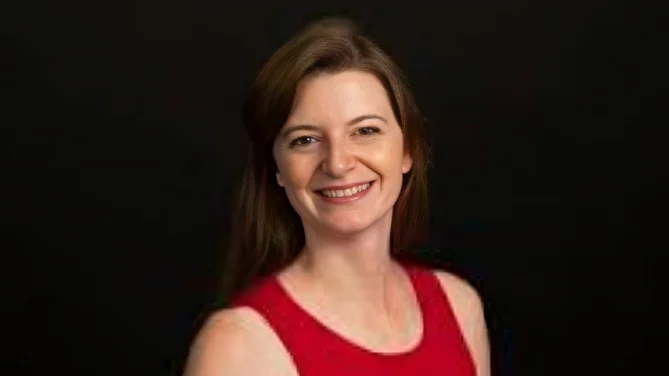
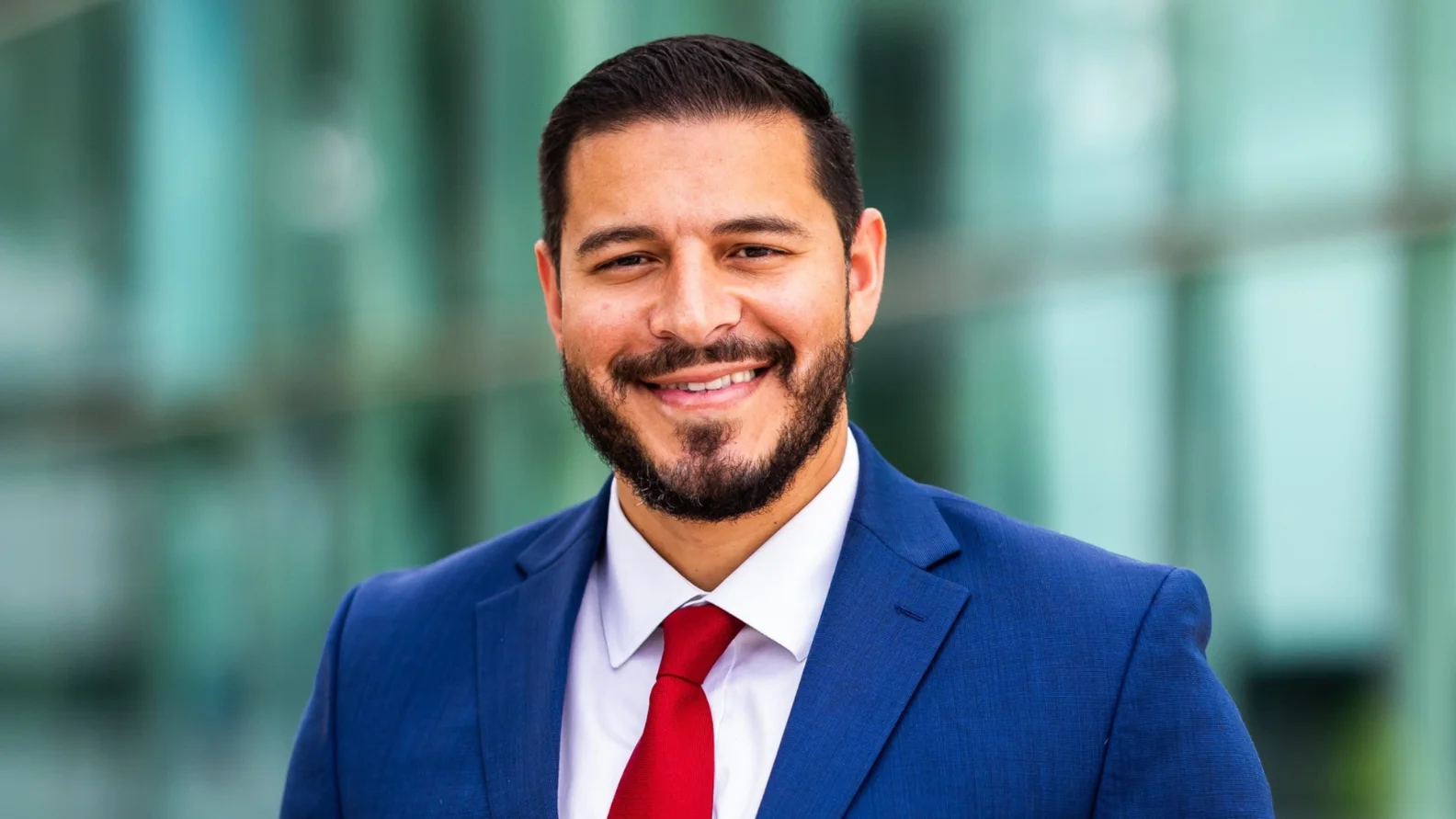
 Alerts Sign-up
Alerts Sign-up